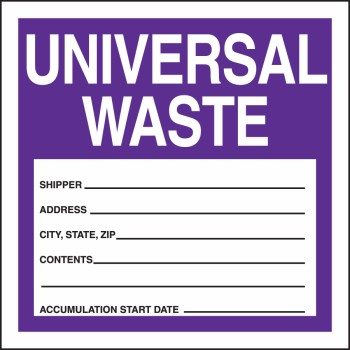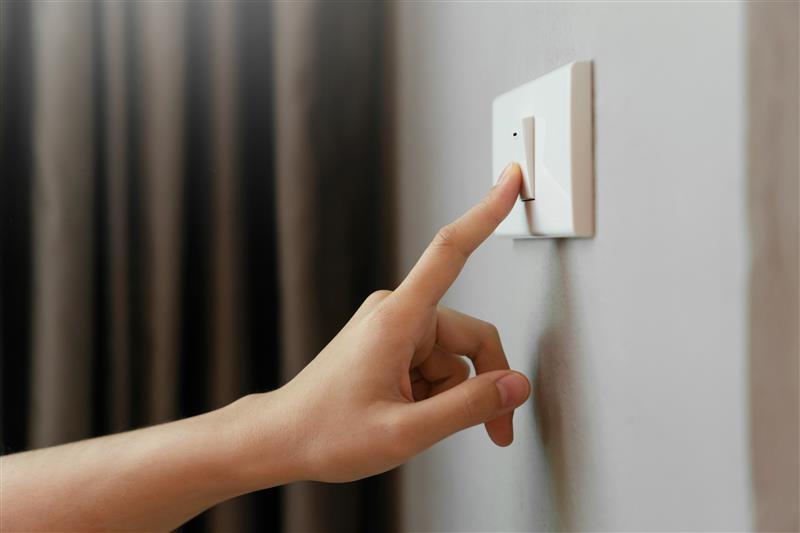
Have you heard the term “universal wastes?” I’ll admit, the first time I did I didn’t know what it meant. For me, the word “universal” really made it seem like it could be anything. Luckily for all of us, I have since learned what it really means.
The EPA has designated four specific wastes that are known as “universal wastes.” These are batteries, pesticides, mercury-containing equipment (like old thermometers), and lamp bulbs.
Both the EPA website and 40 CFR detail the universal waste definitions of each of these waste types. Additionally, they provide regulations that generators of these wastes must adhere to. For reference, these are the EPA definitions of each of these waste types:
- Batteries – “Battery means a device consisting of one or more electrically connected electrochemical cells which is designed to receive, store, and deliver electric energy. An electrochemical cell is a system consisting of an anode, cathode, and an electrolyte, plus such connections (electrical and mechanical) as may be needed to allow the cell to deliver or receive electrical energy. The term battery also includes an intact, unbroken battery from which the electrolyte has been removed.” [1]
- Pesticides – “Pesticide means any substance or mixture of substances intended for preventing, destroying, repelling, or mitigating any pest, or intended for use as a plant regulator, defoliant, or desiccant…” [2] There are some exceptions which can be seen in detail on the EPA website here.
- Mercury-containing Equipment – “Mercury-containing equipment means a device or part of a device (including thermostats, but excluding batteries and lamps) that contains elemental mercury integral to its function.” [3]
- Lamp Bulbs – “fluorescent light bulbs and other mercury-containing bulbs…” [4]
As mentioned above, each of these waste types has specific federal regulations associated with it (and possible individual state regulations). The links back to the EPA site will take you to more information about the regulations set out in 40 CFR.
Additionally, a good place to start out with your company is to ensure that all employees are properly trained in universal waste handling regulations and that there is a clear understanding of the different regulations. Doing this will help your company avoid potentially dangerous and costly universal waste violations.







